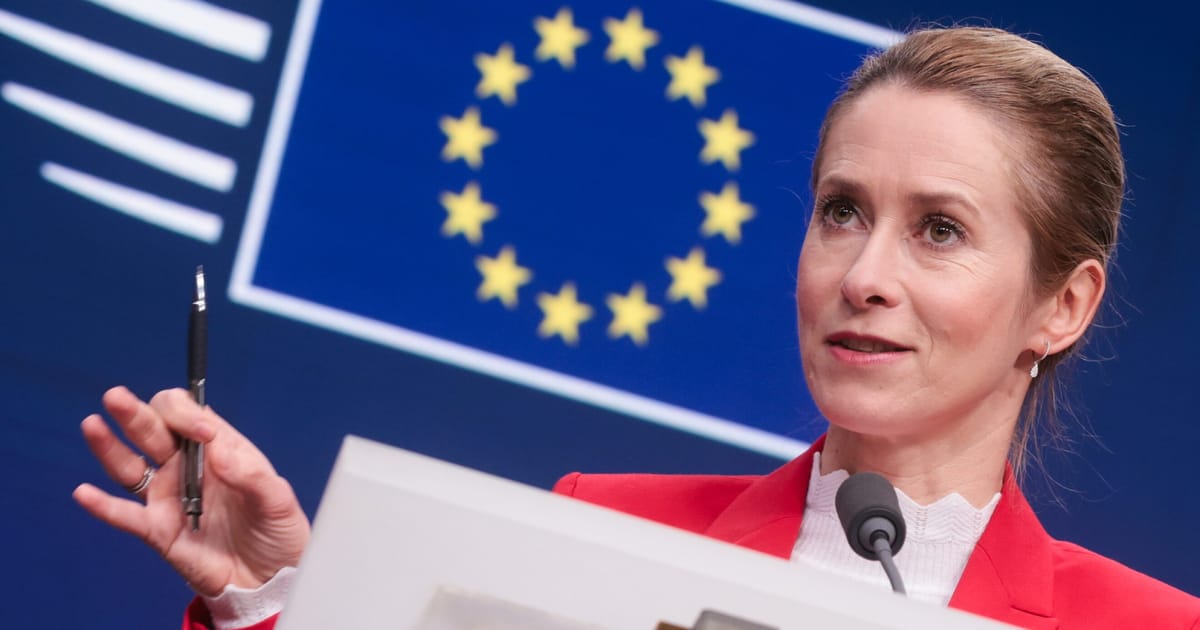Her comments come after U.S. President Donald Trump’s administration circulated a 28-point plan last week that alarmed Ukraine and its European allies for heavily favoring Moscow.
Wednesday’s online meeting was seen in Brussels as a chance to “speak with one European voice” and set out the EU’s non-negotiables, ensuring all 27 members remain aligned as negotiations accelerate.
Kallas said the draft plan did not include “one single concession” from Moscow and argued that a deal must impose obligations on Russia, including curbing the size of its army and military spending. “If you spend close to 40 percent [of total government spending] on your military, you will want to use it again, and that is a threat to us all,” she said.
Kallas noted Russia’s history of hostility: “If aggression pays off, it will serve as an invitation to use aggression again and to use it also elsewhere, and that is a threat for everybody in the world, especially for smaller countries. And in Europe … there are only two types of countries, the small countries and those who haven’t realized that they are small countries yet.”
On Sunday, officials from the U.S., Ukraine, France, Germany, the U.K. and the EU met in Geneva to revise the U.S. plan. Washington and Kyiv later said the talks produced an “updated and refined framework” for further discussions.
Speaking in Strasbourg, European Commission President Ursula von der Leyen said that “thanks to the work of Ukraine, the United States and us Europeans over the last few days in Geneva, we now have a starting point,” while warning that “much more effort is needed.”
Von der Leyen also confirmed plans to fast-track the use of frozen Russian assets to underpin a €140 billion loan to Ukraine, a move that Belgium opposed during last month’s European Council over concerns that Russian President Vladimir Putin would retaliate against Belgium, where the assets are held.
Asked whether Belgium was wrong to block aspects of the frozen-assets loan mechanism, Kallas described its concerns as “legitimate” and said that “everybody around the table” was listening and working to mitigate the risks.

